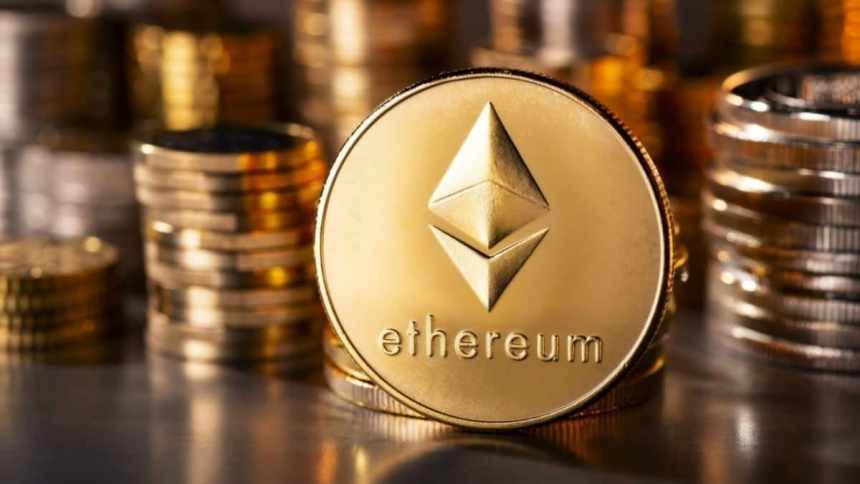
Ethereum network fees have reached their highest levels in nine months, driven by increased decentralized finance (DeFi) activity and surging institutional interest in the cryptocurrency.
The spike in transaction costs comes as daily wallet creation on Ethereum hit 130,200 new addresses in December 2024 - marking an eight-month peak. This surge in network usage has pushed gas fees upward as more users compete for block space.
BlackRock's Ethereum ETF (ETHA) has emerged as a major catalyst, attracting $3 billion in inflows and highlighting growing mainstream adoption. The institutional demand has contributed to network congestion and higher fees.
"The fee increase reflects robust underlying demand for Ethereum block space," noted market analysts tracking network metrics. "Both retail and institutional users are actively engaging with the network despite higher costs."
Ethereum-based ETFs have seen particularly strong momentum, with weekly net inflows reaching $854.85 million. This contrasts with slower inflows into Bitcoin ETFs during the same period. Total assets in Ethereum Spot ETFs now stand at $13.78 billion.
The rising fees coincide with Ethereum's price approaching $4,000, suggesting a correlation between network activity and market value. Industry experts project potential price targets of $15,000 based on current adoption trends.
For everyday users, the elevated fees mean higher costs for token swaps, NFT minting, and other on-chain activities. However, the willingness to pay premium fees indicates sustained confidence in Ethereum's ecosystem despite the increased expense of transactions.
As institutional involvement grows and new wallets continue being created at a rapid pace, network fees may remain elevated in the near term. This highlights both Ethereum's popularity and the ongoing challenges of scaling the network to meet rising demand.